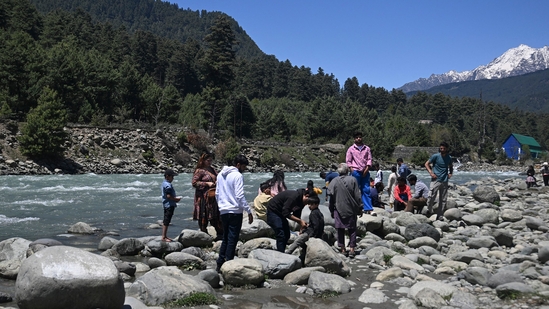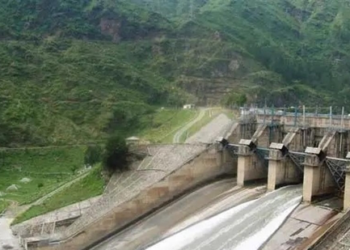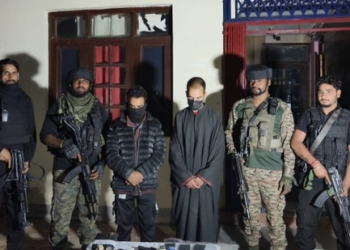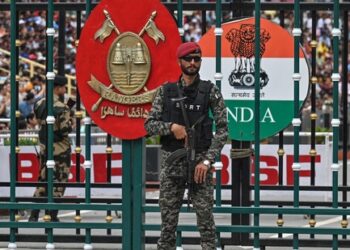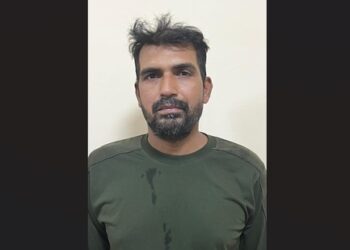Pahalgam in Jammu and Kashmir is witnessing a steady return of tourists just days after a brutal terrorist attack shook the region. On April 22, militants launched a deadly assault in the picturesque valley, killing 26 people, including a Nepali national. The attack triggered a temporary pause in tourist activity, with daily visitor numbers plummeting from 5,000–7,000 to just 50–100.
However, the spirit of Kashmir and its people remains unbroken. Tourists from across India and abroad are once again making their way to Pahalgam, offering a much-needed boost to the region’s morale and economy. A visitor from Kolkata shared with ANI, “Before I came here, I was scared, but now it feels great.” Another tourist added, “It feels safe here. There is security, and we haven’t faced any issues.”
Tourists from Bangalore also expressed confidence in the region’s safety, saying their trip had been planned months ago and they felt no need to cancel. “We have no problem, it’s absolutely safe,” a visitor said. Even international tourists from Croatia and Serbia have been spotted strolling through the town, reaffirming global trust in Kashmir’s resilience.
Yet, authorities have taken no chances. As a precaution, nearly 50 public parks and tourist spots—including Dooshpathri, Kokernag, Duksum, Sinthan Top, Acchabal, Bangus Valley, Margan Top, and Tosamaidan—have been temporarily shut. Although there has been no formal government notification, local authorities have closed access by locking gates and deploying security personnel.
Meanwhile, the Indian government has promised a robust response to the perpetrators. On April 23, Prime Minister Narendra Modi chaired a high-level security meeting with Defence Minister Rajnath Singh, all three service chiefs, and National Security Advisor Ajit Doval. According to sources, PM Modi has granted the armed forces “complete operational freedom” to decide on how and when to retaliate against the attackers.
In an earlier statement, PM Modi vowed that the terrorists responsible for the Pahalgam carnage would be “tracked down” and punished in a manner “beyond their imagination.” The attack has drawn widespread condemnation and prompted heightened diplomatic and military readiness.
As Kashmir mourns its losses, the sight of tourists returning offers a glimmer of hope. The resilience of locals, the confidence of visitors, and the promise of justice together signal a powerful message: Pahalgam may have been shaken, but it will not be broken.




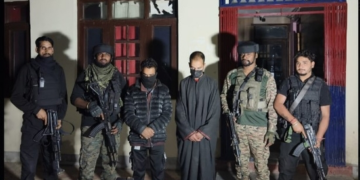


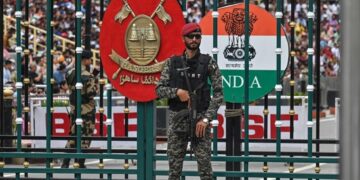
 India
India
